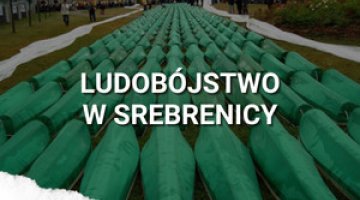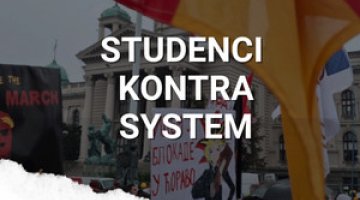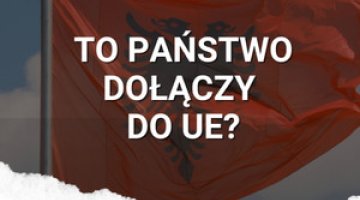Serbia’s new government: no concessions to protesters
On 16 April, the Serbian parliament approved the composition of the new Council of Ministers, headed by Đuro Macut. He replaces outgoing Prime Minister and leader of the ruling Serbian Progressive Party (SNS), Miloš Vučević, who announced his resignation on 28 January following the assault of protesting students by individuals closely associated with him (see ‘Resignation of Serbia’s prime minister: a failed attempt to quell protests’). However, the SNS-controlled Parliament repeatedly delayed the decision to formally approve his resignation, which was finally granted on 19 March.
The minor changes in the government’s composition suggest that the authorities are likely to adopt a tougher stance toward the protests that have been ongoing since November 2024 (see ‘Protests in Serbia: a crack in Vučić’s system of political dominance’), seeking to break them up as swiftly as possible through escalating repression. In doing so, the authorities have abandoned any pretence of dialogue or efforts to address the protesters’ demands.
Commentary
- The delay in appointing the new cabinet indicates that the President lacked a clear strategy in response to the nationwide protests. Instead, he has been reacting to developments on an ad hoc basis, often under immediate pressure. Despite attempts to break them up, the protests – led primarily by students – are ongoing and continue to enjoy broad public support. Both the appointment of the new government and its composition suggest that President Aleksandar Vučić has abandoned the option of calling an early election, which had previously been his standard method for restoring legitimacy (as in 2022 and 2023), or for creating the appearance of a political reset and responsiveness to protestors’ demands, for example, by appointing experts to the Council of Ministers.
- Although in January Vučić had promised a major government reshuffle, the changes ultimately proved to be minor. The President’s closest aides retained their posts in key ministries, including Finance Minister Siniša Mali, Defence Minister Bratislav Gašić, Foreign Minister Marko Đurić, Health Minister Zlatibor Lončar, Minister of Mining and Energy Dubravka Đedović, and leader of the coalition Socialist Party of Serbia (SPS), Ivica Dačić, who remains Minister of the Interior. Nine out of 30 ministers lost their positions, including independent expert Tanja Miščević, who had headed the Ministry for European Integration. Her presence in the previous cabinet was intended to signal the government’s commitment to implementing EU recommendations. Deputy Prime Minister Aleksandar Vulin, who is under US sanctions for corruption involving actions that have strengthened Russian influence in the region, was also dismissed. His removal can be interpreted as a gesture towards the West, as several EU member states had called for his dismissal.
- Prime Minister Macut is expected to play only a marginal role in the functioning of the government. As someone previously uninvolved in politics (he worked as an endocrinologist and professor at the University of Belgrade), he lacks both a party base and administrative experience. This effectively increases President Vučić’s direct control of the daily operations of the cabinet. The most controversial appointment is that of Dejan Vuk Stanković as Minister of Science. A professor at the Faculty of Education at the University of Belgrade, his primary task will be to pressure teachers and the academic community to withdraw their support for the student-led protests and to restore normal functioning in educational institutions. Currently, buildings of all state universities are occupied, and the majority of secondary schools – and some primary schools – are not operating. Another controversial appointment is the new Minister of Information and Technology, Boris Bratina, formerly a prominent member of the far-right organisation SNP 1389.
- The public has interpreted the formation of the new government as a signal of a hardening stance towards the protesters. The authorities aim to resolve the protracted political crisis by pacifying the student movement. For this reason, the new cabinet includes trusted and loyal aides of the President, figures who are likely to carry out his directives, using force if necessary. At the same time, efforts are underway to establish the Movement for the People and the State – a new political formation likely intended to replace the Serbian Progressive Party (SNS) at the next election, which is expected to be held early, once the government feels it has regained full control of the situation.





